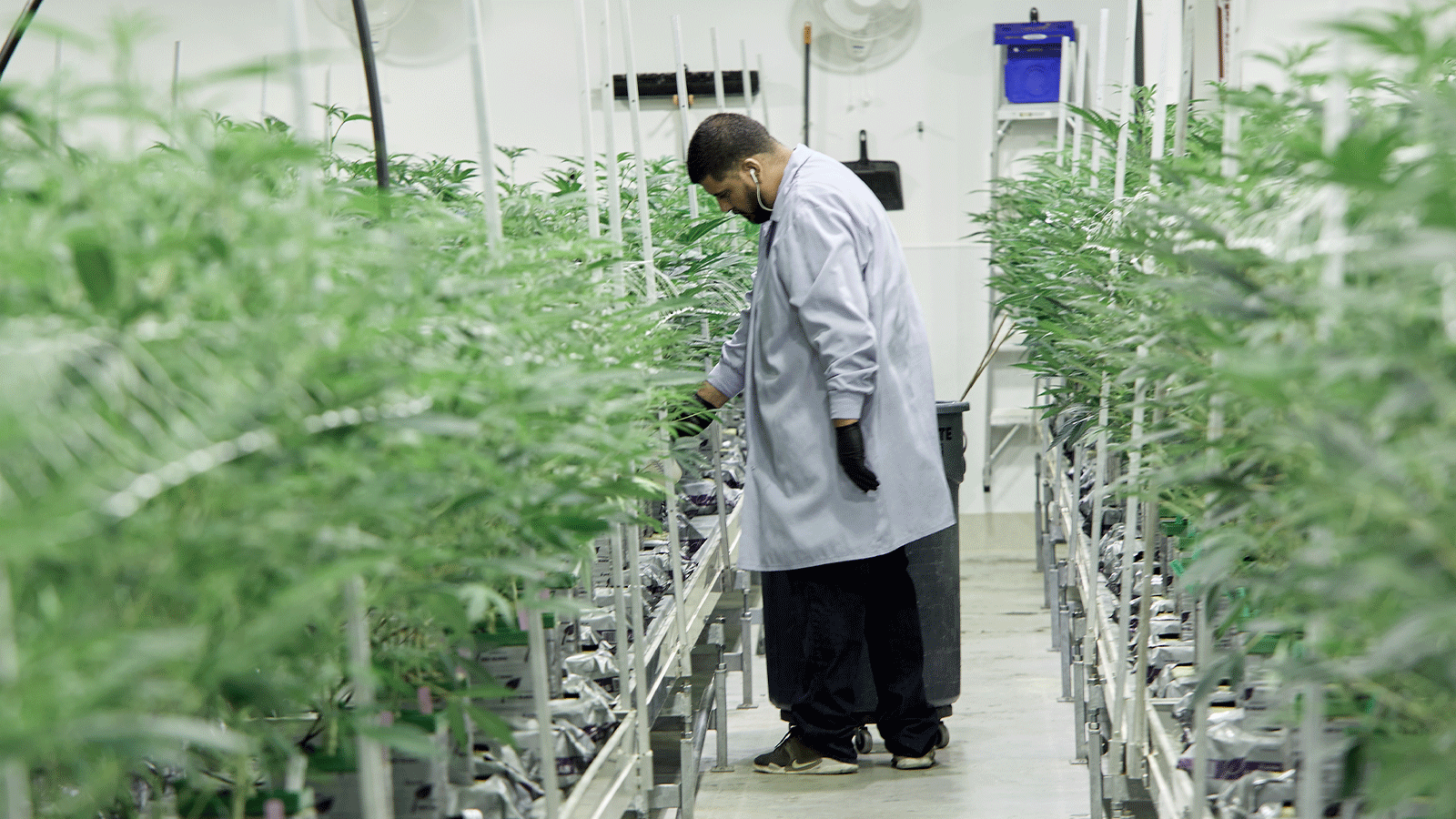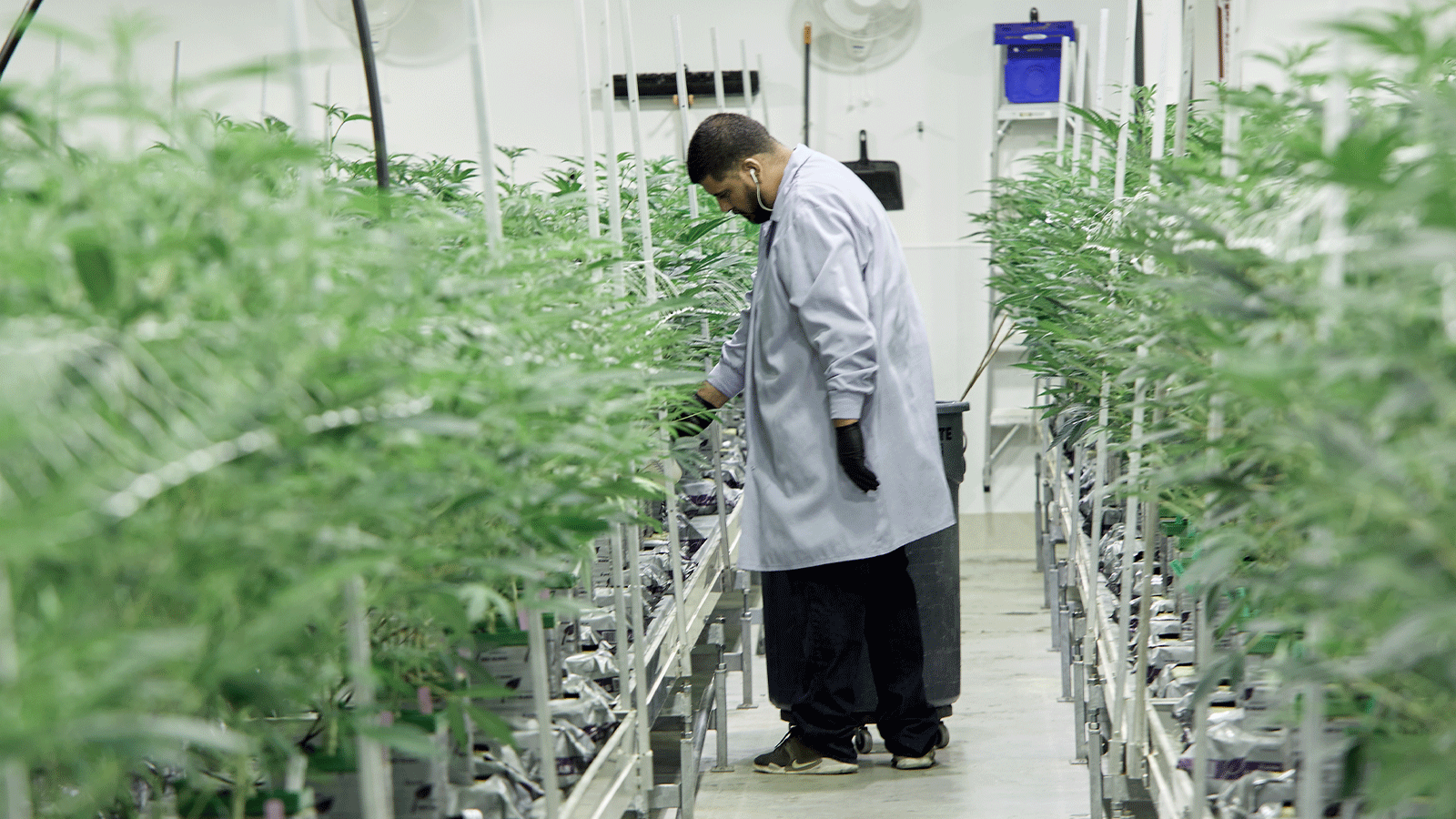
As the legal landscape improves for cannabis, the need for an academically trained workforce is upon us. Colleges and universities are gingerly setting their curricula with an eye to filling that need.
Chemistry and botany figure prominently, but dozens of skills are needed to staff the growing industry. And cannabis-focused higher education programs are becoming less rare.
University Programs
Northern Michigan University’s (NMU) Medicinal Plant Chemistry program, which began in September 2017, designed a program that is the first four-year undergraduate degree program in the U.S. that combines chemistry, biology, research and hands-on analysis.
Yearly tuition for Michigan residents at NMU in Marquette is $10,730 and $16,226 for out of state, not including room and board.
Further east in Sault Ste. Marie, Lake Superior State University (LSSU) announced on Jan. 25, 2019, that it will also offer a bachelor’s degree with a major in cannabis chemistry along with an associate’s degree in cannabis science, starting in the 2019 fall semester. LSSU tuition for state and out-of-state residents is $5,820 per semester, not including room and board.
New Jersey’s Stockton University, which charges $8,862 tuition for state residents and $15,989 for non-residents, added a cannabis studies minor in the fall of 2018.
After just one semester, on Jan. 22, 2019, Stockton announced a partnership with Thomas Jefferson University’s Lambert Center for the Study of Medicinal Cannabis and Hemp.
Jefferson University in Philadelphia is now offering graduate courses in cannabis medicine, cannabinoid chemistry, pharmacology, and toxicology, leading to one of three graduate certificates. Students who complete two certificate programs involving eight graduate courses and a capstone project can earn the nation’s first master’s degree in cannabis studies.
The private Jefferson University’s tuition runs close to $40,000 per year, depending on the major.
Certificate Programs
Oaksterdam University, founded in 2007, is the first of its kind in the U.S. to offer hands-on training and a curriculum of several dozen courses at any given time. Located in Oakland, California, tuition can range from $1,500 to $1,800 for 14-week courses, to half of that or less for four- and two-day programs. Certification in a variety of areas and job placement are among Oaksterdam’s promises to its students.
The Cleveland School of Cannabis (CSC) in Ohio has experienced explosive growth since it opened in 2017. The only State Approved Career School for Cannabis education east of Colorado, CSC’s three comprehensive certificate programs are helping Ohioans find jobs around the country. Horticulture, business, and medical applications programs each cost $1,000. An additional executive program brings all three together for $2,000.
University Courses (partial list)
When the University of Vermont‘s (UVM) College of Medicine in Burlington began offering medical cannabis courses, the classrooms were so packed they had to find larger lecture halls.
UVM’s Department of Pharmacology also provides a non-credit, seven-week online cannabis science and medicine professional certificate. The course requirements: Applicants must be at least 18 years old and have a bachelor’s degree with college-level courses in biology and chemistry, though relevant career experience can replace academic requirements.
University of California, Davis started offering an undergraduate course on the physiology of cannabis in the spring quarter of 2018 and a new graduate course, “Cannabis sativa: The Plant and its Impact on People,” in the fall quarter of 2018. UC Davis, a state school near Sacramento, costs $14,403 for residents and $43,394 for non-residents.
The University of Connecticut‘s “Horticulture of Cannabis: From Seed to Harvest” is an undergraduate course, available in the Department of Plant Science and Landscape Architecture.
Seminars and Modules
Ohio State University’s (OSU) Moritz College of Law in Columbus has been offering marijuana-specific courses since 2013. Seminars are offered by Douglas Berman, who developed OSU’s “Marijuana Law, Policy & Reform Seminar” series.
If you’re already a health professional or pharmacist, the University of Washington School of Medicine in Seattle has a medicinal cannabis and chronic pain program that provides several training modules with current information and clinical practice guidelines on the use of medicinal cannabis for chronic pain treatment.
Coming soon
Southern Illinois University Carbondale is creating a new series of research programs to study industrial hemp and medical marijuana, expected to begin in the fall of 2019.
The New Jersey CannaBusiness Association in February 2019 signed an agreement with Union County College to help develop and support cannabis-related academic programs and internships at the college. The association has similar arrangements with Stockton University and Atlantic Cape Community College.











